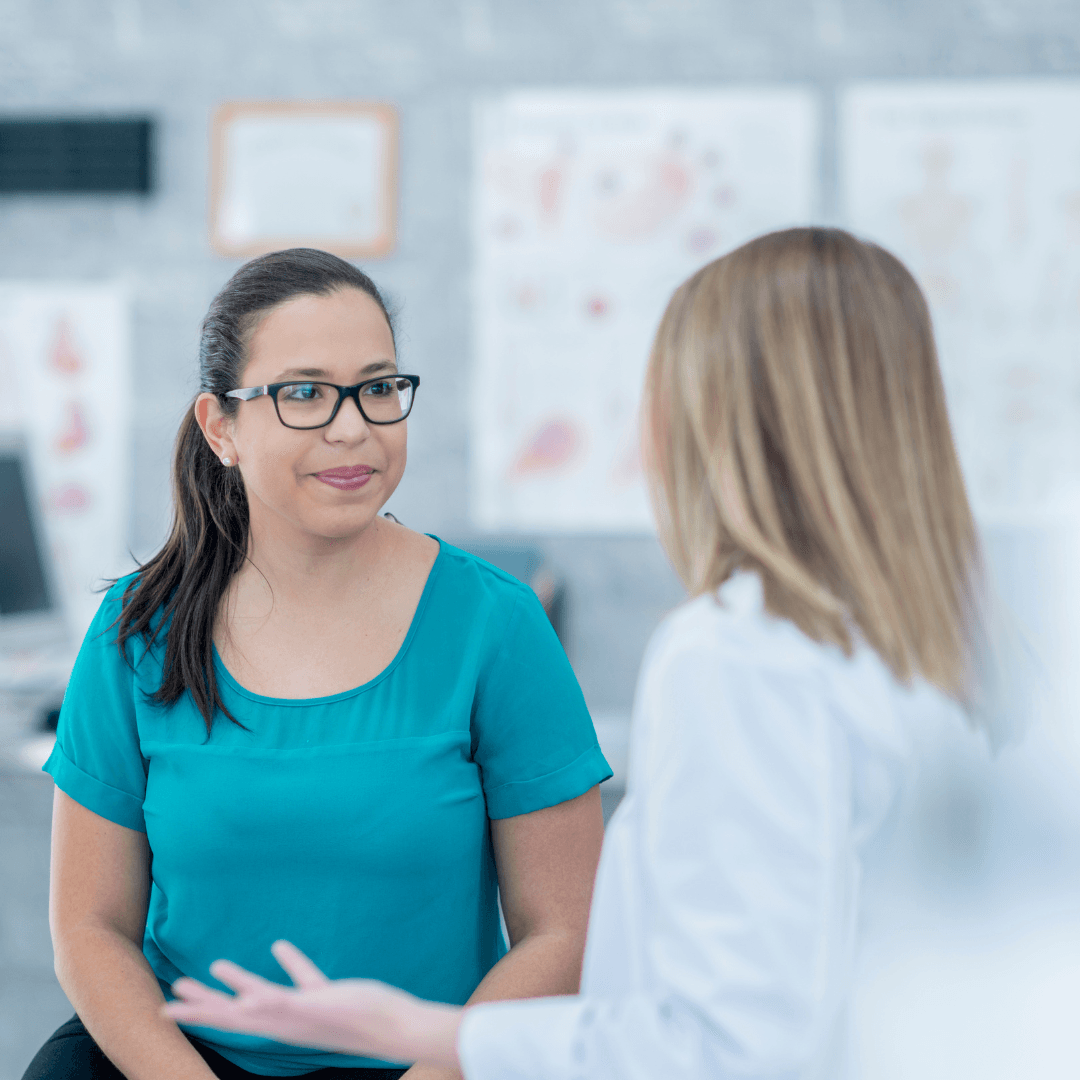Introduction to PCOS and the Importance of Self-Care
PCOS or polycystic ovarian syndrome is thought to be one of the most common conditions in women, affecting between 5 and 10 percent, depending upon the population. PCOS self-care is crucial for managing this condition effectively.
Many women with irregular periods and hyperandrogenic symptoms (acne, hirsutism, male-pattern hair loss) can be diagnosed based upon the history and physical exam alone. However, the diagnosis of PCOS is only confirmed when other conditions that mimic PCOS are excluded.
Diagnosing PCOS
Two out of three of the following criteria are required to make the diagnosis:
- Menstrual abnormalities ranging from heavy, irregular, infrequent or absent menstrual cycles
- Excessive hair growth on your face, chin, lower abdomen or in other words excess androgens or increase in male hormone levels
- One or two polycystic ovaries depending on the number of follicles or volume of ovary per ultrasound
If you think you have at least one of these symptoms it may be worth going to get checked out by your physician or female health care provider for further evaluation.Effective PCOS self care involves monitoring your cycles and symptoms and taking proactive steps towards a healthier lifestyle.
Lifestyle Changes and Dietary Management
The mainstay treatment in managing PCOS is lifestyle change, especially diet. You have the ability to get to the heart of the problem, your hormones, simply by changing the way that you eat. The best foods for PCOS patients are a balanced diet rich in whole foods, lean proteins, and fiber. PCOS patients also have insulin resistance, so to decrease insulin levels focus on food with a low glycemic index. Examples are fruits, vegetables, legumes and whole grains. Anti-inflammatory foods are also important such as green vegetables, dark chocolate, and healthy fats.
The Role of Exercise in Managing PCOS
Exercising or just moving is important with managing PCOS as well. Any physical activity, such as cardio, strength training, and yoga are beneficial for individuals with this health condition. Understanding how to lose weight with PCOS is an important aspect of managing the symptoms, as maintaining a healthy weight will help with insulin resistance, can help to reduce stress levels, and improve PCOS symptoms. Additionally, addressing PCOS weight gain through regular exercise can lead to better overall health. Make mindful decisions like parking further away to walk more, riding your bike, or going for a walk at night with your family.
The Role of Supplements in PCOS Management
Supplements can play a valuable role in the management of PCOS, complementing lifestyle changes and dietary adjustments. While they are not a replacement for a balanced PCOS diet and regular physical activity, certain supplements have shown promise in supporting hormonal balance, reducing symptoms, and improving overall health.
Inositol
Inositol, particularly myo-inositol and D-chiro-inositol, is one of the most well-researched supplements for PCOS. It helps improve insulin sensitivity, which is crucial for managing insulin resistance commonly associated with PCOS. Inositol can also help regulate menstrual cycles and reduce the severity of symptoms such as acne and excessive hair growth.
Omega-3 Fatty Acids
Omega-3 fatty acids, found in fish oil supplements, are known for their anti-inflammatory properties. These can help reduce inflammation in the body, which is beneficial for women with PCOS. Omega-3s also support heart health and can help manage cholesterol levels, which is important as PCOS patients are at higher risk for cardiovascular issues.
Vitamin D
Vitamin D deficiency is common among women with PCOS, and supplementing with vitamin D can help improve insulin sensitivity and support ovarian function. Adequate levels of vitamin D are also essential for bone health and immune function.
Magnesium
Magnesium is an important mineral that can help alleviate symptoms of PCOS by improving insulin sensitivity and reducing inflammation. It can also help with muscle relaxation and reduce symptoms of anxiety and depression, which are often experienced by women with PCOS.
Zinc
Zinc is a trace mineral that can be beneficial for reducing acne and managing hirsutism in women with PCOS. It also supports immune function and helps maintain healthy hormone levels.
Probiotics
Gut health is increasingly recognized as an important factor in overall health, and probiotics can help maintain a healthy gut microbiome. This can be particularly beneficial for women with PCOS, as gut health can influence hormone balance and insulin sensitivity.
Choosing the Right Supplements
It's important to choose high-quality oral womens supplements and to consult with your healthcare provider before starting any new supplement regimen. They can help you determine the right dosages and ensure that the supplements will not interact with any medications you are currently taking. Incorporating the right supplements into your PCOS self-care routine can provide additional support in managing symptoms and improving your quality of life.
Mental Health and PCOS
Women with PCOS diagnosis may be more likely to have mood disorders (depression and anxiety) when compared with women without PCOS. The exact cause for this is still unclear and thought to be multifactorial. Incorporating a PCOS diet can also play a role in managing these symptoms, alongside stress management techniques such as mindfulness, meditation, and deep-breathing exercises are a good place to start. If you are still struggling, you could benefit from seeking support from mental health professionals or joining support groups online or in person to have a group of others to be there for you during your journey.


